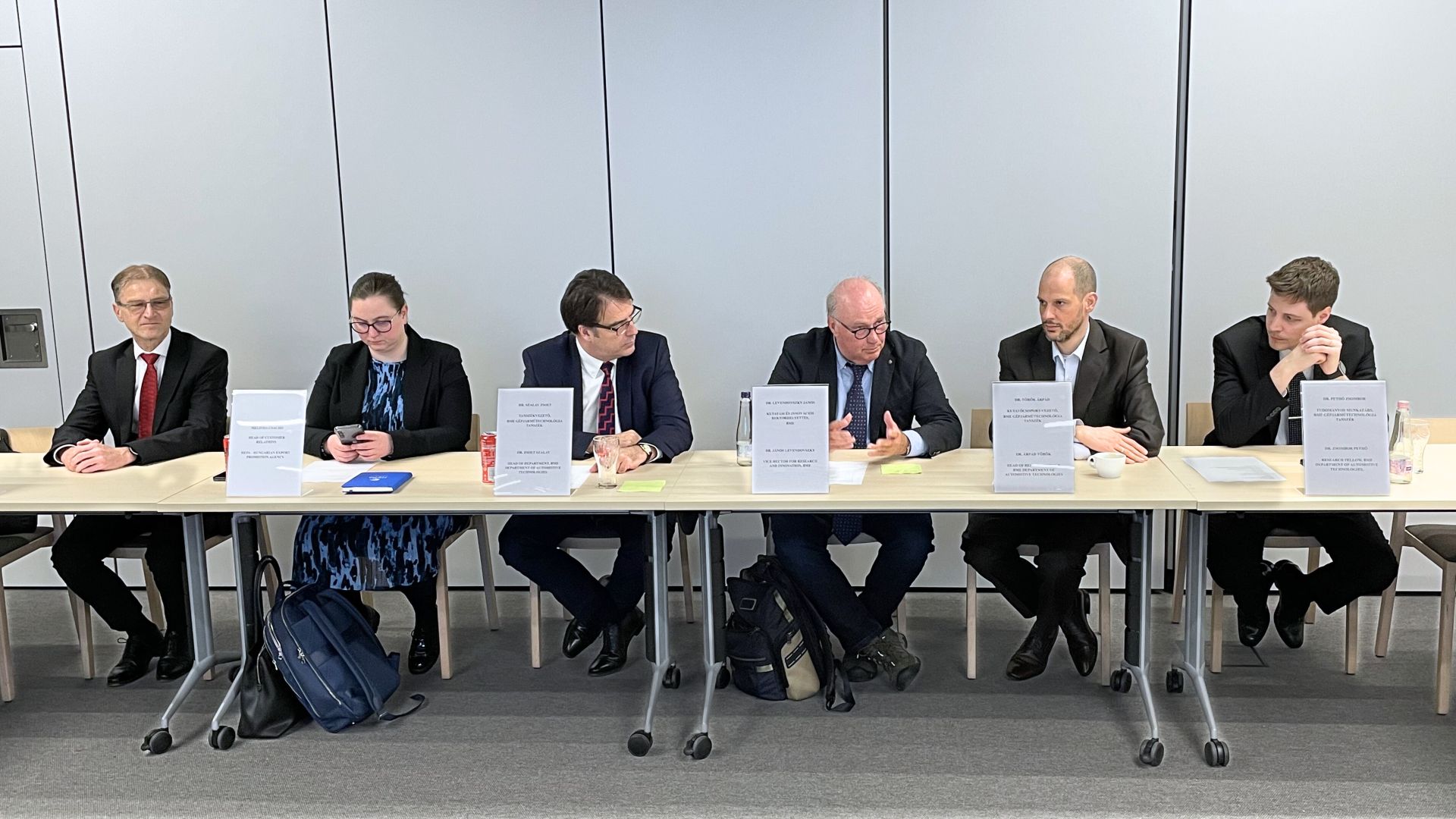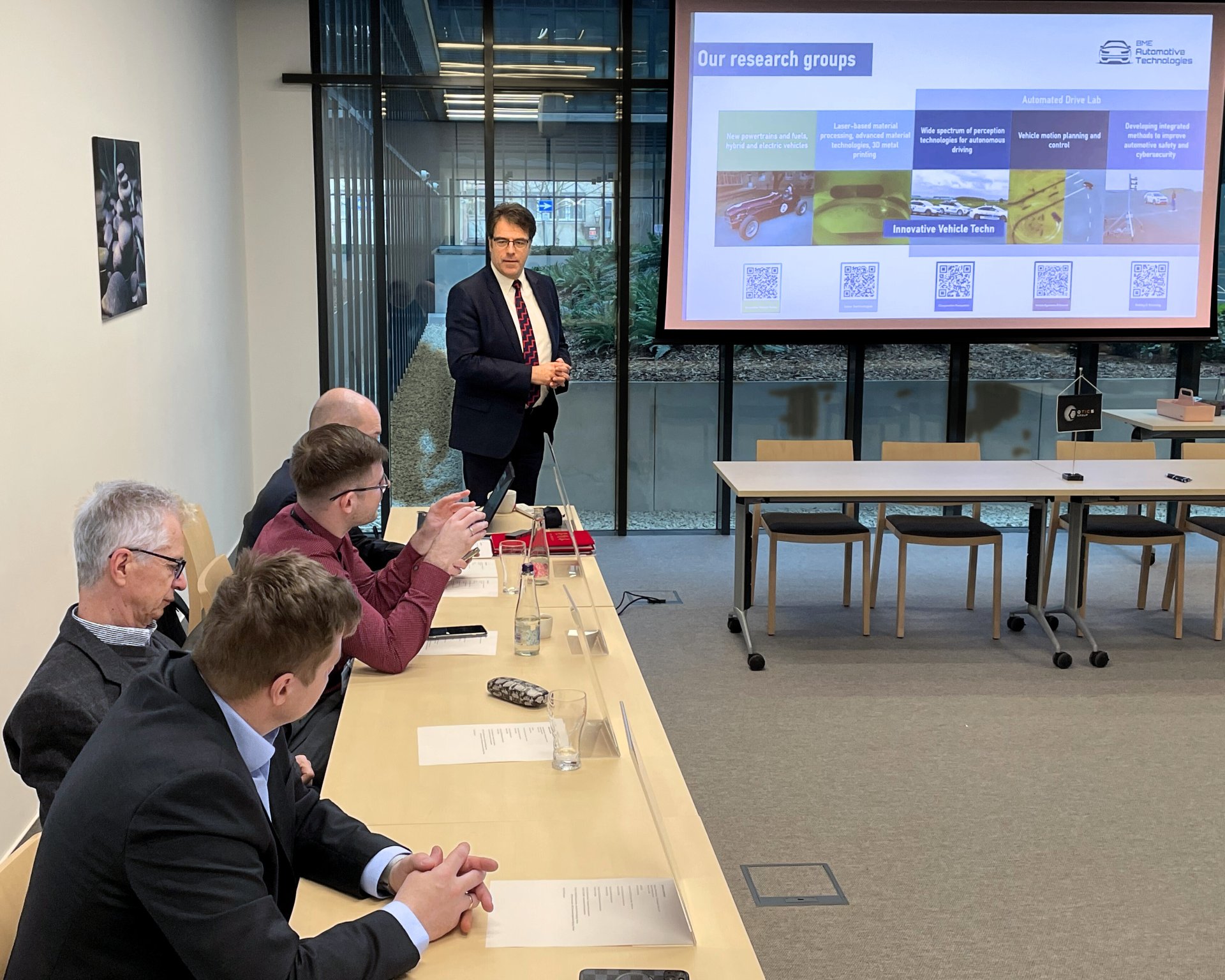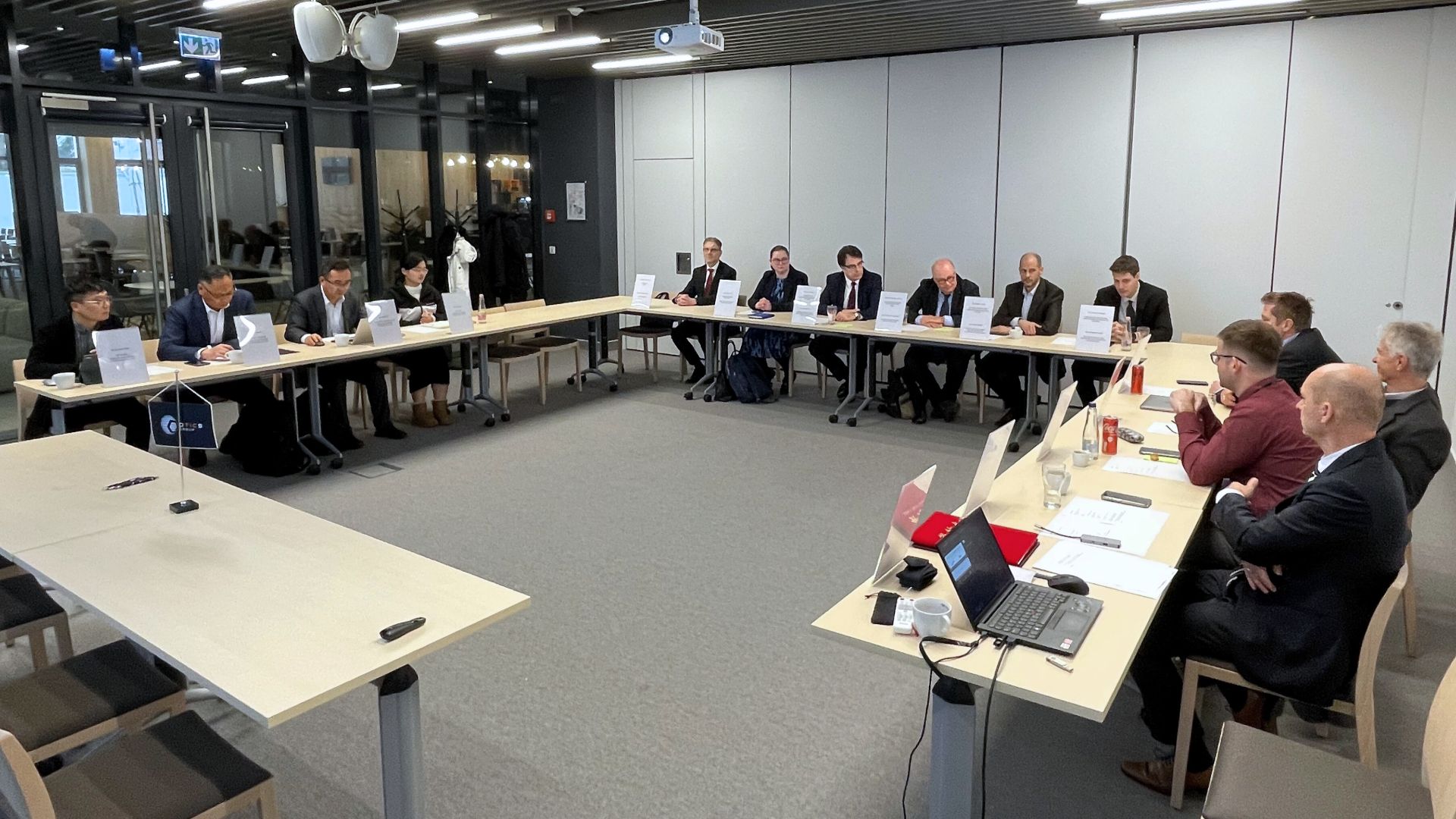“I Feel Like I’m Taking Home a Backpack Full of Knowledge” – Andrea Marchetta’s Experience at BME
Andrea Marchetta, a PhD student at the University of Naples Federico II, spent several months in Budapest conducting research at the Department of Automotive Technologies at BME. Before his return to Italy, we spoke with him about his professional and personal experiences during his time here. It turned out that the sense of community far outweighed the challenges of the Hungarian language, and the educational experience left a lasting impression.
How did you end up at the Budapest University of Technology and Economics?
The story starts with a fortunate connection: the University of Naples Federico II (UNINA), where I’m doing my PhD, already had ties with BME. My supervisor, Professor Bifulco, has known Professor Szalay for some time, and through that connection I got to know about BME. When I looked into it further, I realized that the Department of Automotive Technologies is very advanced – it felt like a natural choice for me. Although I come from a computer science background, I’ve always been interested in the automotive industry.
How well did this new environment suit you, professionally and personally?
Surprisingly well. The Department provided everything I needed to grow as an engineer and as a PhD student. I joined the Safety and Security Research Group led by Professor Török, and we worked on V2X communication – it was a perfect match for my skills and interests.
On a personal level, the experience was just as rewarding. Everyone was incredibly open and friendly. Every single time I entered a room, people would immediately switch to English so I could be part of the conversation – that meant a lot to me.
Did you have any expectations or concerns before coming to Budapest?
I didn’t know much about Hungary – I arrived with a blank slate. Coming from southern Italy, I’m part of a more Mediterranean world, and I was curious how I’d be received in a different culture. But I quickly realized that the shared work, the joint projects, and the openness toward one another made everything else irrelevant.
How was it settling into everyday life? Anything that surprised you?
Mostly the daily rhythm. In the south, we eat lunch and dinner later, and we’re used to more daylight, even in winter. Here, I had to adjust to that. The food culture also surprised me – for example, soup isn’t really a starter for us, while here, nearly every lunch or dinner begins with it. And well, after growing up with Italian cuisine, it’s hard to accept other flavors – but goulash and pálinka were truly special experiences.
Did you get a chance to explore outside the city as well?
Yes, I visited a castle north of the Danube – I’ve unfortunately forgotten the name – and my colleagues also took me to Lake Balaton. It wasn’t the ideal season for a trip, but I was really happy to get a glimpse of the Budapest area.
Did you have the chance to connect with people outside the department?
To be honest, that wasn’t my main goal. I was more focused on discovering the city from the outside – I did a lot of walking, visited the main landmarks. I mostly spent my free time with the research group: beers, chats – that was more than enough for me.
What advice would you give to others considering international studies at BME?
I would recommend it one hundred percent! The city is easy to live in, getting around is simple, the university is welcoming, and the education is high-quality – especially for those wanting to grow in the automotive field. But I’m sure that students in other faculties would have similarly great experiences. I had a wonderful time here, and I’m happy to recommend it to others.
Is there any final thought you’d like to share with readers of the department website?
I can only encourage everyone: just like I did, have the courage to step into a new environment, meet a different culture, and don’t be afraid of being an outsider – because if you come with an open mind, the community will welcome you. I’m going home with a backpack full of knowledge, experiences, and friendships.
Andrea’s story is a great example of how much a period abroad can offer – not only professionally, but personally as well. And for the Department of Automotive Technologies at BME, it’s always a pleasure to shape the future together with visiting students, building bridges between knowledge and cultures.
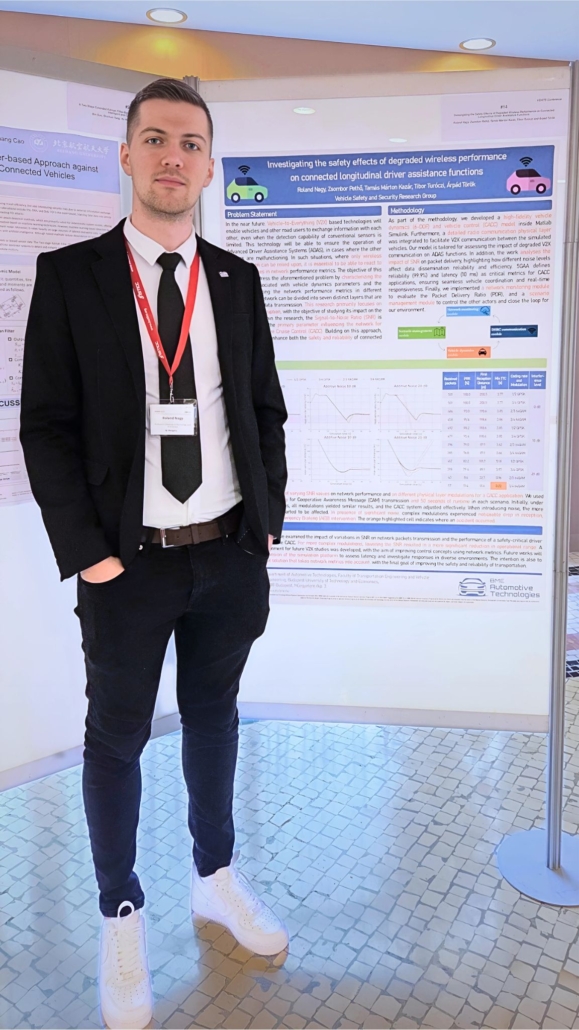
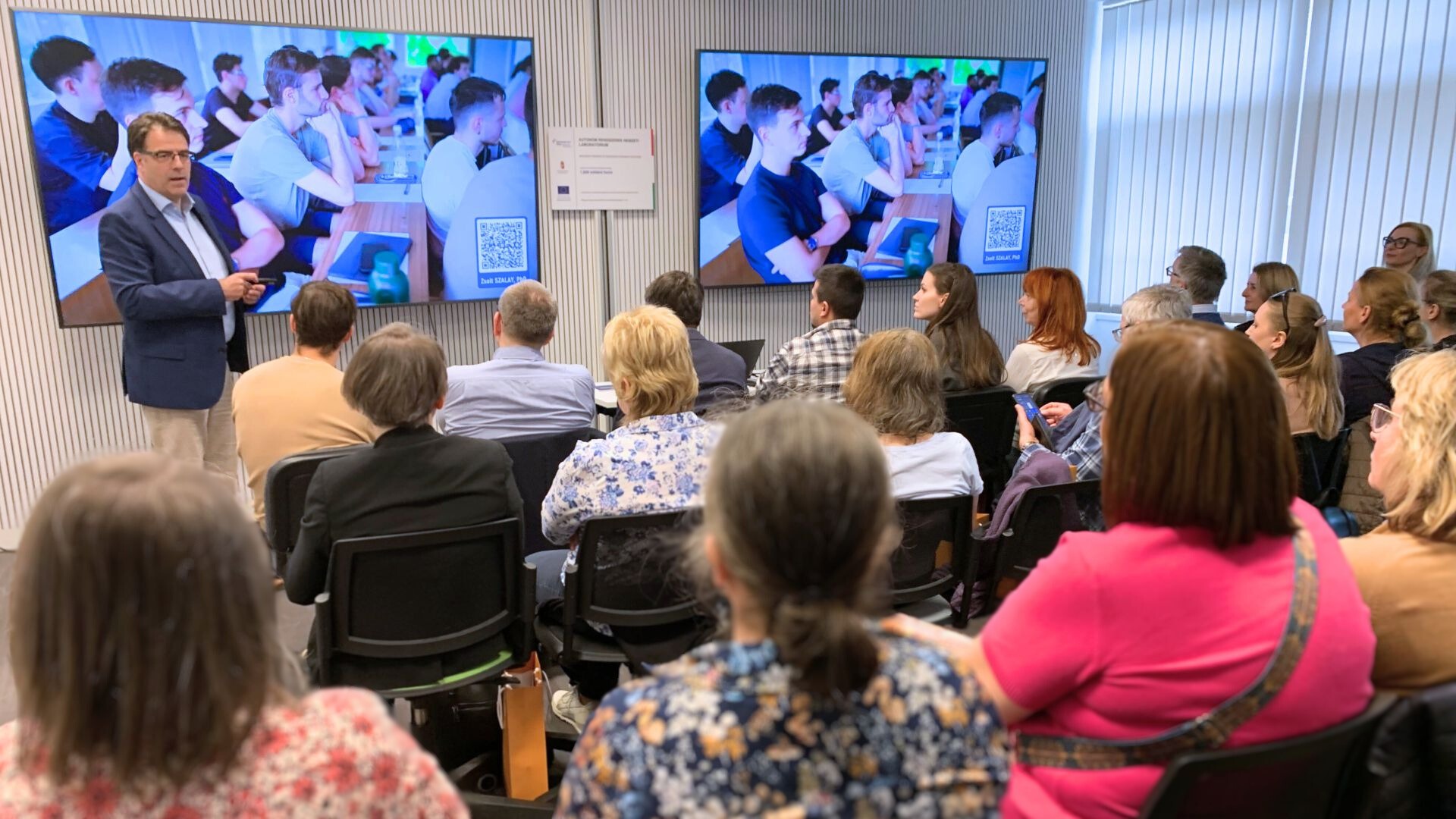
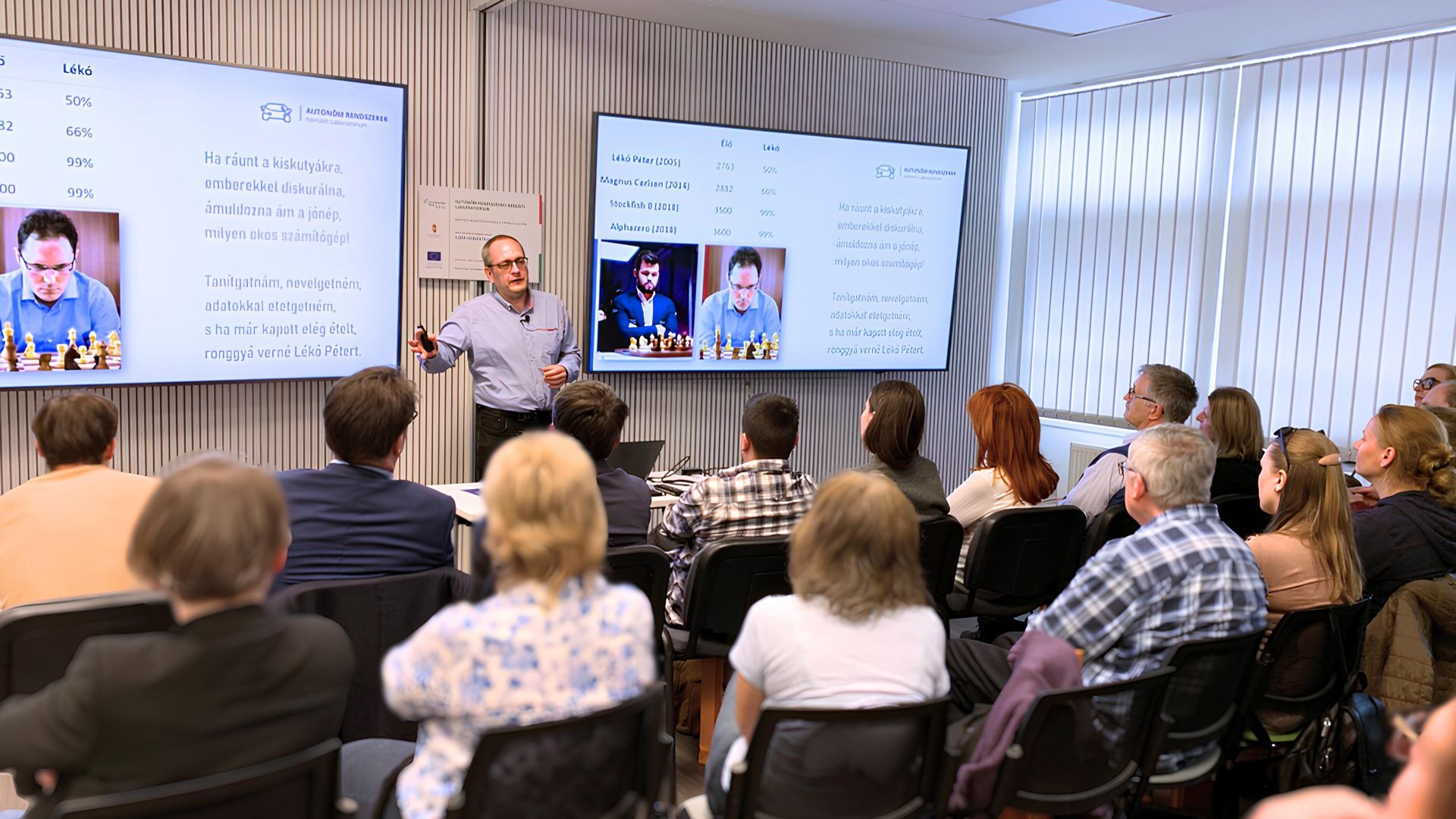
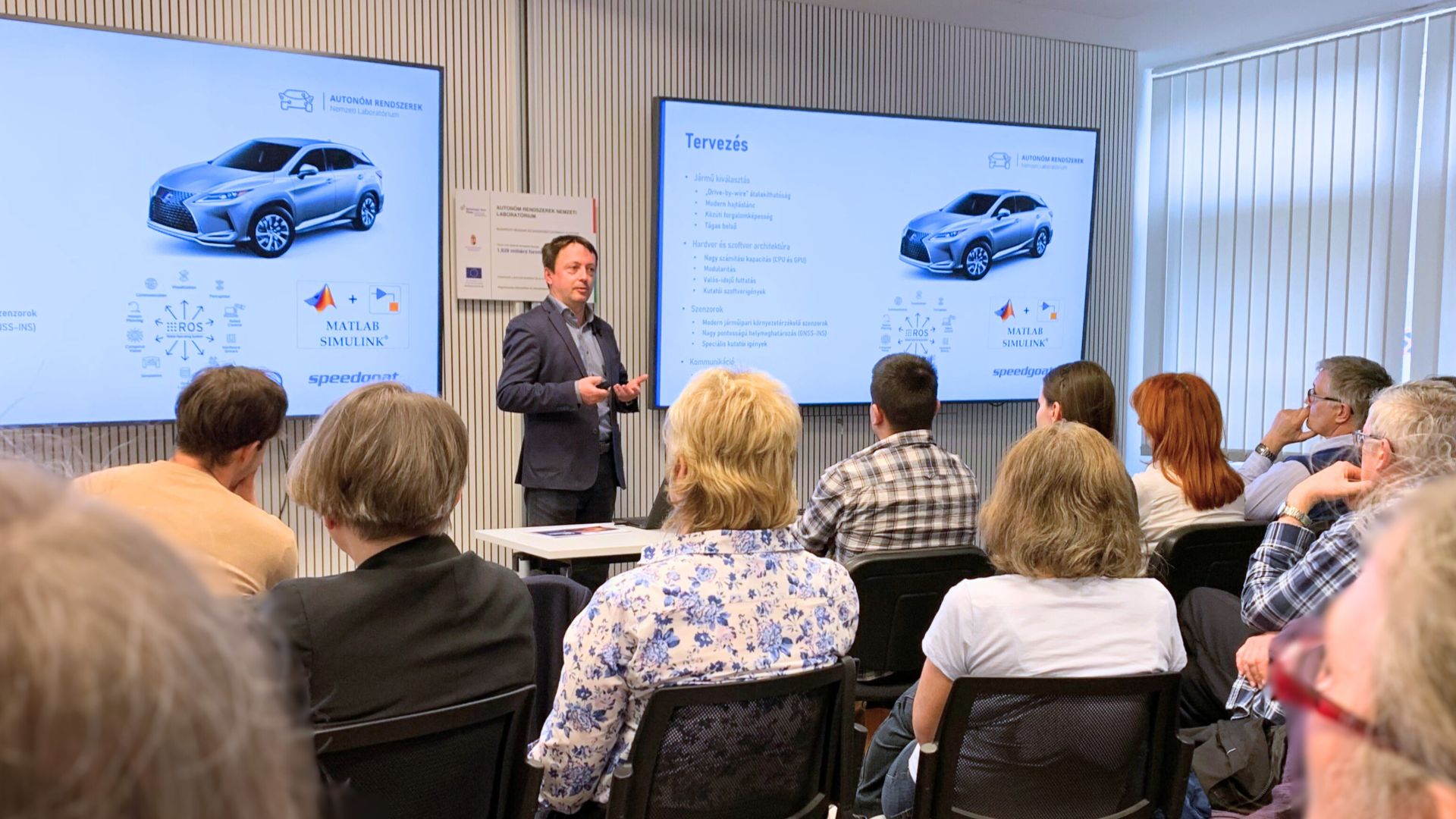
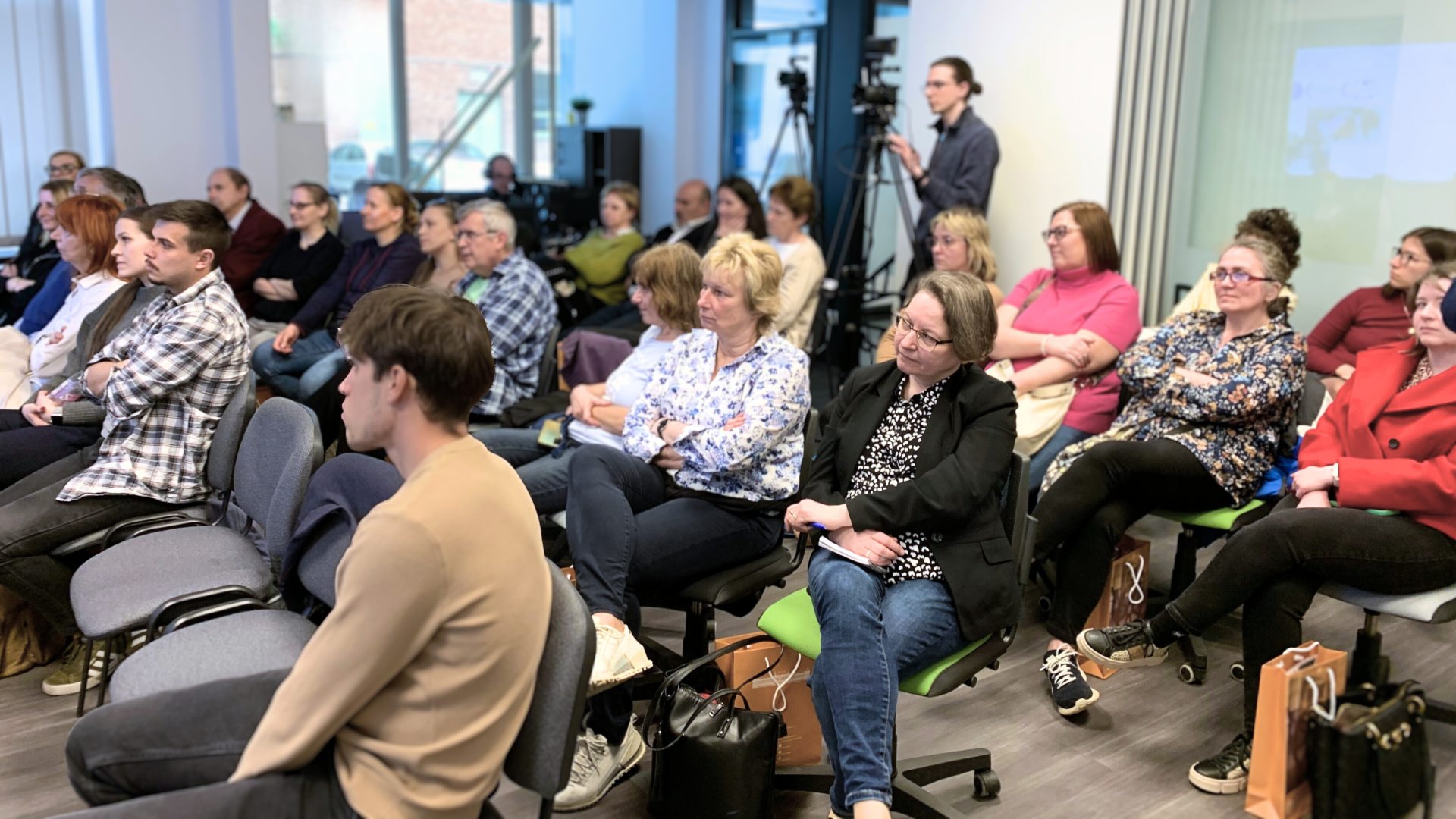
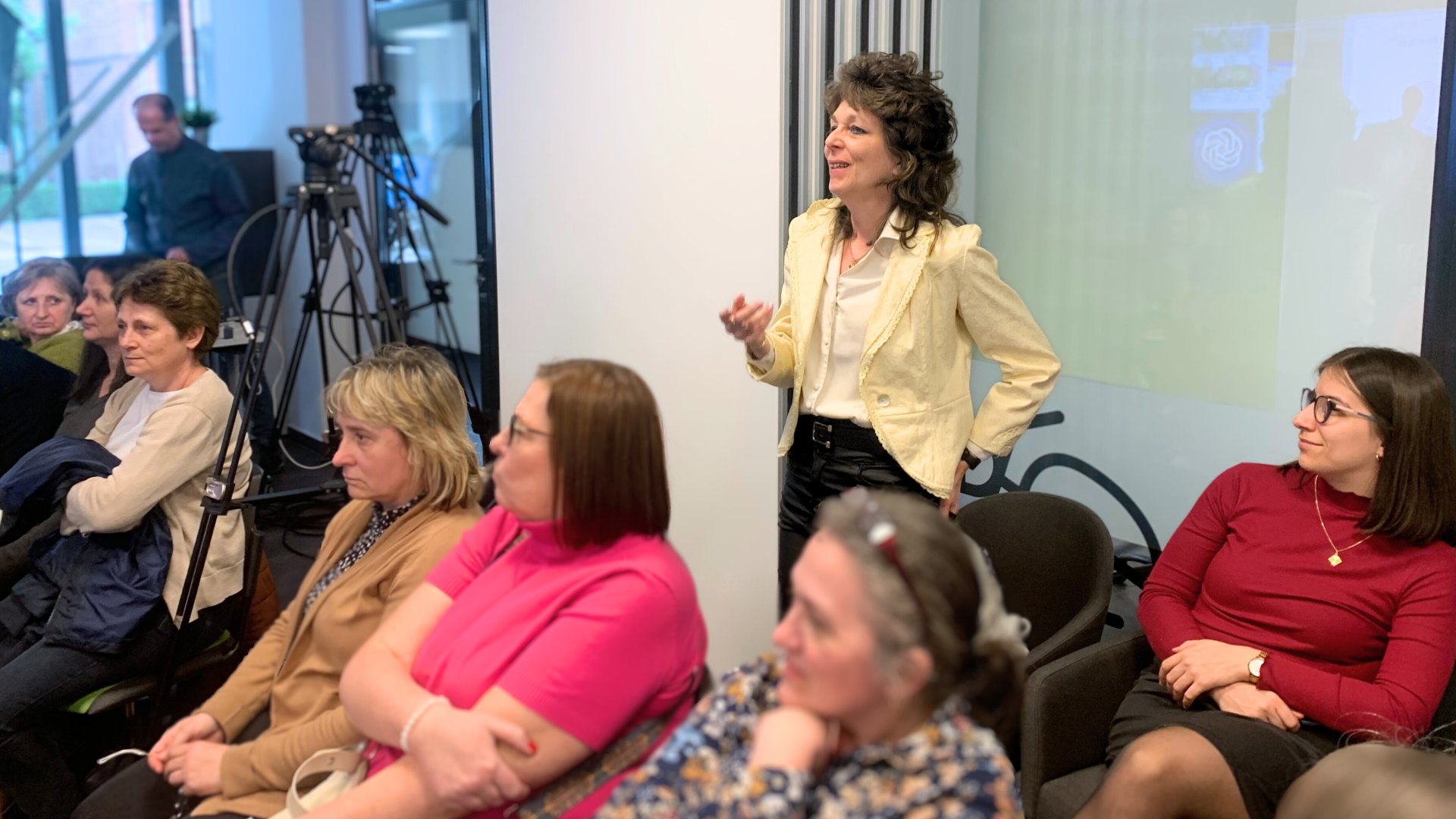 Final Thoughts: “This Was More Than Just Knowledge Transfer”
Final Thoughts: “This Was More Than Just Knowledge Transfer”